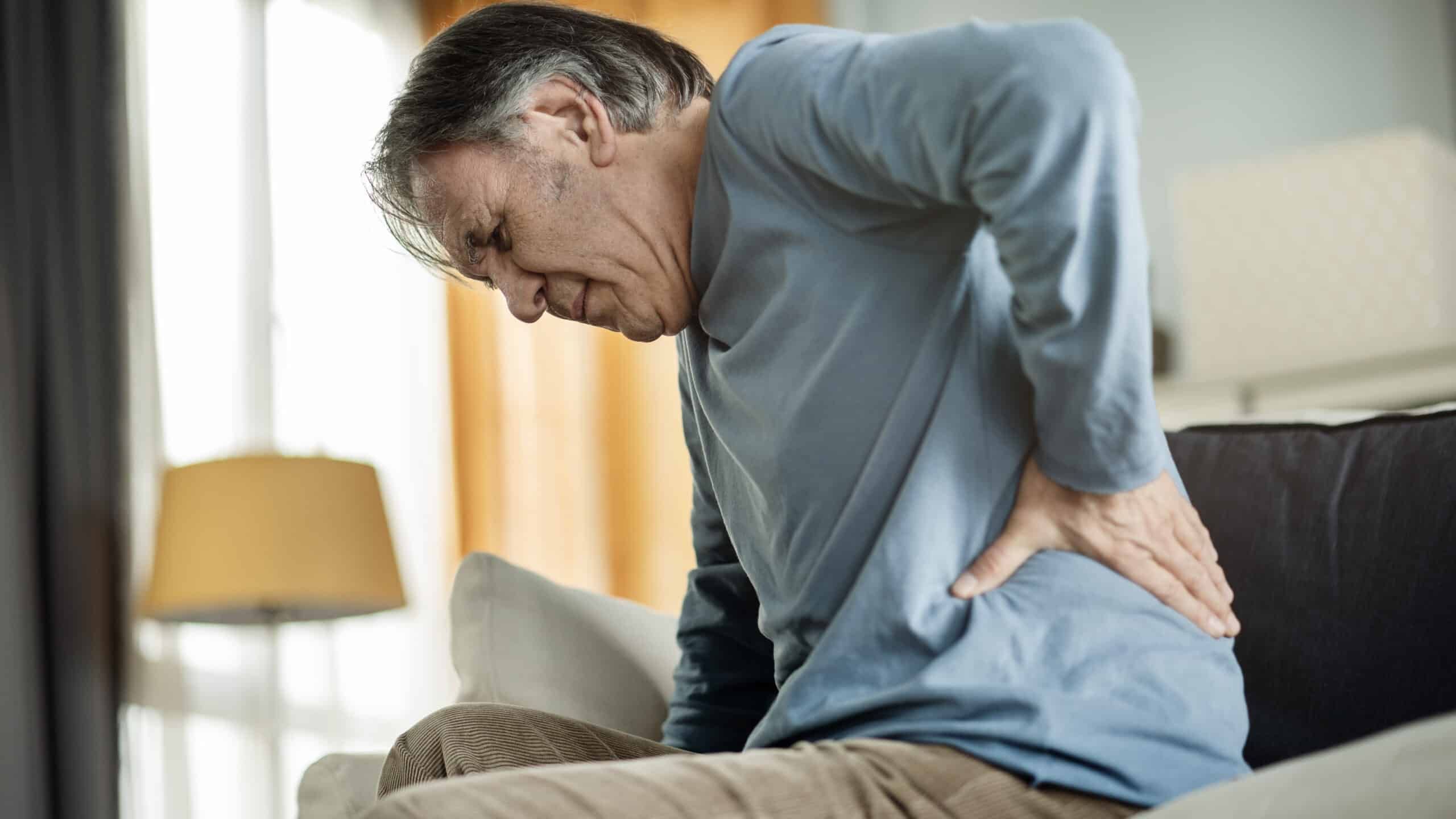Urology
Want to learn more about this at Kettering Health?
Every year, more than a half-million Americans visit the emergency rooms for kidney stone problems. Kidney stones are a serious but common condition causing severe pain and an increased risk of infection.
What are kidney stones?
Known formally as renal calculus or nephroliths, kidney stones are a collection of minerals (calcium, uric acid, and salt) that build up inside the kidney. When chunks of the material break loose, they wash into the ureter and then the bladder, finally leaving the body through urination.
What are the symptoms?
Symptoms of kidney stones can include severe pain in the back, lower abdomen, and side; difficulty, burning, or pain during urination; and blood in the urine or low urine volume. An urgent need to urinate and a stop-start of urine flow, as well as nausea and vomiting, can also be indicators of kidney stones.
Many tiny stones can pass without any symptoms at all. But sometimes the mass is large enough to block the ureter, the tube connecting the kidney and bladder, and pain will increase in the back, side, and groin as the stones make their way out. If they don’t make it out on their own, the pain can become excruciating, often compared to that of childbirth, and the stones must be surgically removed.
But there are ways that you can reduce your risk and even prevent kidney stones. If you’ve never had a kidney stone, prevention is mostly about lifestyle changes. But if they’ve been a problem in the past, your doctor may prescribe some medication as well, which can control the level of minerals and salt in your urine.
How do I reduce my risk?
Here are some things you can do to help reduce your risk of kidney stones.
- Water, water, everywhere. One of the most important aspects of kidney health is to stay well-hydrated. Most health authorities recommend eight, 8-ounce glasses, which is about a half-gallon. If you have a history of kidney stones, doctors recommend that the amount of fluid you excrete should be around 2.5 liters, or 10 ½, 8-ounce glasses, and may want you to measure it to confirm you’re getting enough water.
- You are what you eat. Next to proper hydration and exercise, food is the most important lifestyle change you can make for kidney stone prevention.
- Portion control. “Having more frequent and smaller portioned meals may be helpful,” says Dr. Douglas Gaker, urologist with Kettering Health.
- Changing the amount of certain nutrients in your diet may also help:
- Reduce oxalates. You can help lower your risks of stones by reducing oxalates in your food. Oxalates are natural substances found in foods like spinach, chocolate, nuts, and soy products. They bind to calcium during digestion, then leave the body as solid waste. If there is too much, it can lead to calcium oxalate stones, the most common type of kidney stone. Eating food with fewer oxalates can help reduce that risk.
- Maintain calcium intake. There is a common myth that calcium-rich food can increase your risk of kidney stones, but that is inaccurate. However, the source of the calcium makes a difference: it should come from food rather than supplements, which have been linked to a higher risk of kidney stones.
- Lower salt and animal protein intake. Salt is often a contributor to various health problems, including kidney stones. Reducing your salt intake can have a broad, positive impact on your health. It’s also recommended to reduce the amount of animal protein in your diet and replace it with other protein sources, such as beans and other legumes
- Avoid vitamin C supplements. Studies have indicated that long-term use of vitamin C supplements (ascorbic acid) may cause kidney stones, particularly in men. Doctors do not believe that vitamin C from food carries the same risks. Eating the proper amount of fruits and vegetables should supply you with all the Vitamin C you need. Dr. Gaker recommends incorporating items like lemon or orange juice.









